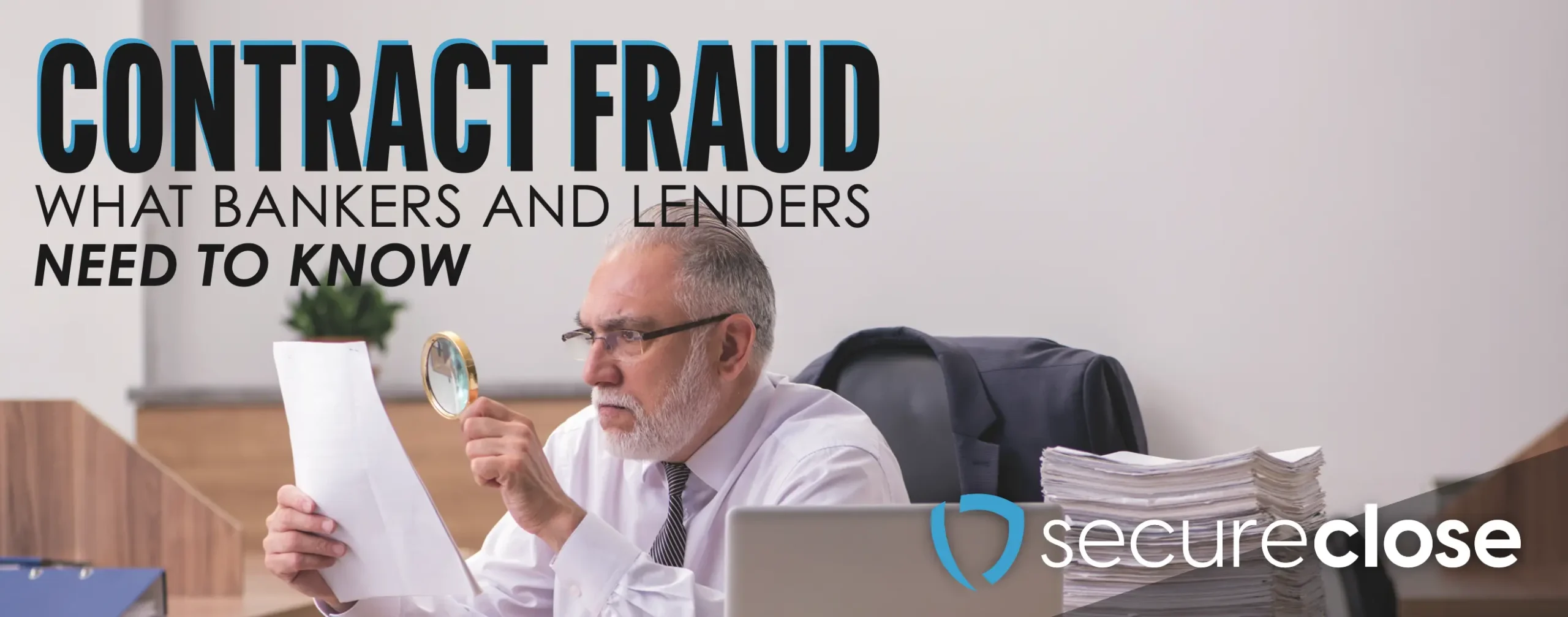
NADA vs FTC/CARS Rule
A five-minute read of where we are and where we are going (in my opinion.)
I have been following the progress of the CARS Final Rule for the past 7 months, even more so after the NADA filed suit against the FTC to stop the Rule from going into effect July 2024. Based on everything I have read, the conferences I have attended, and the counsel I have sought, I have one quote that comes to mind. “The man who is prepared has his battle half fought”- Miguel de Cervantes.
So, get prepared, because I believe that this rule will go into effect before the end of the year!
The FTC and the NADA/NIADA have completed submitting their responses to the court.
In their filings to the Fifth District courts over the past few months, both parties requested oral arguments. With no changes made to the rule yet, both parties are standing their ground. Due to the impact and gravity the CARS rule will have on the industry, the court will likely grant the request for oral arguments even though in the past the courts have only granted 20% of such requests. We should hear from the courts in the next few months when they will hear these oral arguments.
Based on the submitted responses from both sides and the recent sessions at the NIADA conference by the FTC and the CFPB along with recent responses, history, and the many recent rulings in favor of the FTC and the CFPB by the courts, my prediction is the rule will move forward.
The Briefs
First, let us look at the recent responses by both parties.
On May 14, 2024, the FTC submitted its brief to the court outlining its argument along with cited cases, statutes, and current regulations already in existence. The FTC’s introduction states the importance of cars in modern-day life, and that the current process of purchasing a car is time consuming, complicated, and opaque. The crux of the FTC argument is that unscrupulous dealers have an unfair advantage over honest dealers. These unscrupulous dealers take advantage of consumers during the sales process and during closing using unfair and deceptive practices where current laws already exist but are not followed. The FTC issued the CARS rule to curb some of these practices (which they list in their brief) and outlined four specific pillars on which they will hold dealers accountable. The FTC claims that these pillars add no new paperwork requirements and that the only increased work by the dealer is to keep records of all sales conversations.
The FTC claims that the NADA challenge under the Administrative Procedure Act, lacks merit and the petition for review should be denied. NADA’s claim that the commission needed to publish an advance notice of proposed rulemaking (ANPRM) was incorrect and that NADA has not shown any prejudice from the lack of an ANPRM. All other arguments, cost-benefit analysis, and the claim that the commission didn’t clearly document the factual basis for why the rule is needed are all meritless according to the FTC.
On June 13, 2024, the NADA submitted its brief to the court outlining its argument along with cited cases, statutes, and current regulations already in existence along with a list of one hundred and eleven certified persons of interest. The NADA petition states that the Rule has several legal flaws, both procedural and substantive, that the FTC wrongly assessed many factors, used unreliable evidence, and miscalculated the cost and benefits of such a rule, and therefore must be set aside. The NADA claims that the CARS Rule will cause more harm than good to the industry and the requirements will cause more confusion and will be burdensome instead of helpful to the consumer.
Again, the NADA stated its challenges that the FTC failed to follow procedures under the Administrative Procedure Act and claimed that the commission needed to publish an advance notice of proposed rulemaking. The NADA claims the FTC used unsupported and unreasonable assumptions to quantify the Rule’s purported time-saving benefits, ignored ways in which the Rule’s new paperwork and disclosure burdens will slow down transactions, and overlooked major categories of ongoing compliance burdens such as third-party vendor fees and disclosure requirements and therefore the rule should be set aside.
The Reason
I believe the rule will go into effect based on a combination of the briefs and the history of how the rule came to be. The FTC Final rule, the key word being “Final”, has been a long time coming and it is not going away. To understand why I have this opinion you need to understand the reason behind the rule and its motive. SecureClose wanted to understand the history so we started researching, and this is what we found.
The History
Three meetings were held back in 2011 (Yes that’s right, this all started back in 2011) at industry roundtables that were presented to industry experts. These round tables were by invitation only and occurred in Detroit, Washington D.C., and Atlanta, where the rule was discussed, argued, and reduced. This first rule was more robust, while the current version is a slimmed down version resulting in the final rule.
The Motivation
The motivation behind this final rule is believed to be the result of a 2021 Supreme Court ruling that determined that the FTC doesn’t have the authority to seek monetary relief. The FTC could only collect monetary relief in a restitution or a disgorgement. A Disgorgement is a remedy requiring a party who profits from illegal or wrongful acts to give up any profits they made, back to the party, due to illegal or wrongful conduct. The FTC gets nothing, this NEW Rule allows the FTC to collect monetary relief. YOUR MONEY! (Reference SCOTUS/AMG Case 2021)
FTC dislikes Voluntary Protecting products or VPP’s. – They want to decrease the volume of these products significantly. In fact, they will be looking closely at any and all add-on products. If you have sold them and have a high closing ratio, they will want to see proof that the consumer agreed. A signature will not be good enough to stand as your proof, you will need Expressed Informed Consent.
The Fireside Chat
Lastly, at the 2024 NIADA conference, an associate director of the FTC, Malini Mithal, talked about the CARS Rule in a session called Fireside Chat with the FTC, led by Jeremy Beck. In it, Mithal candidly discussed the CARS Rule, why she believed it was necessary, and current practices the FTC hopes to curb.
I know that speaking in front of a, let’s say “semi-hostile” group can be a challenge for anyone and it takes some guts to do. For that, I am appreciative that the FTC agreed to do the session. The NIADA was very grateful that the associate director agreed to participate and the questions were obviously sent beforehand to give the FTC a leg up on their responses, and that is essentially the entire session. A scripted question and answer is normal with any fireside chat, especially if you want the speaker to come back. The most exciting part of the session was at the end. With only 3 min left, the moderator asked the audience if they had questions. The first hand up was Jeff Bellant with Used Car News, who asked a very direct question, “Explain expressed informed consent and how you will regulate it?” The response was, the rule already defines expressed informed consent, you need to implement it following the rule as you see fit. There were two more questions with the same type of response and after the session ended, 20 or more attendees ran up to the front to ask additional questions, I gave up after waiting 10 minutes to ask my own questions. The FTC response made me feel like they are not willing to be pinned down to give specifics and that everything needed to be left open to interpretation to make the new rule work toward the FTC’s ultimate goal of stopping unscrupulous dealers. I fear the end result may be more broad. A few years ago in an enforcement action, two commissioners made the concerning statement that they would like to see the FTC assert more rule making power over “DEALERS.” (Ref-Commissioners Rebecca Kelly Slaughter 2018-Rohit Chopra 2021)
Based on this history, the recent briefs, past meetings, recent court rulings, and the comments made by the commissioners that “this will not go away”, I believe that before the end of the year, you can expect the CARS rule to be in full effect.





